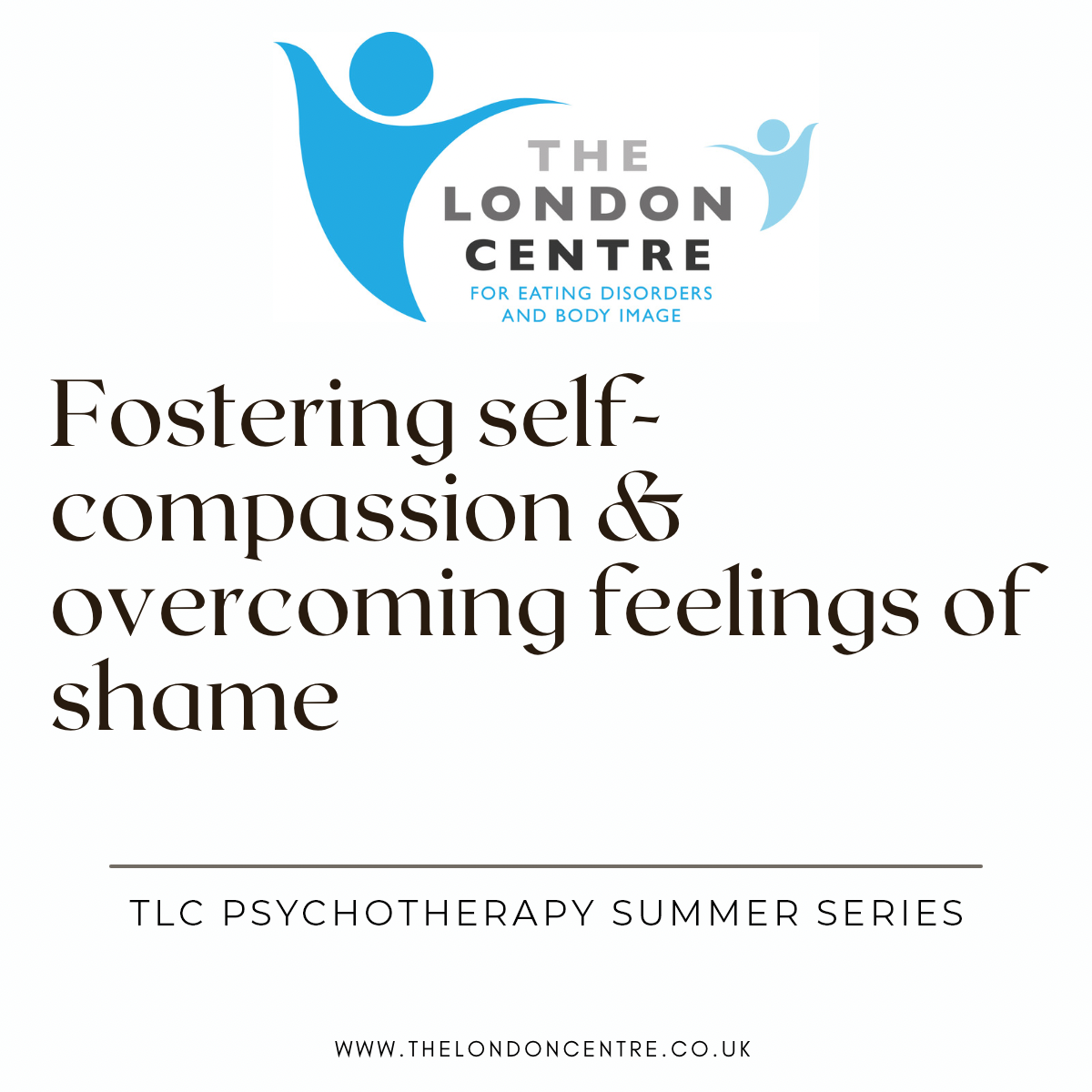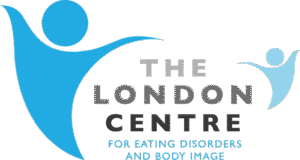Embracing Freedom: Overcoming Shame in Eating Disorder Recovery
Thanks for returning for the third mini-blog in our Psychotherapy Summer Series! This week we are exploring the theme of shame and what you can do to help validate your emotions, foster self-compassion and overcome feelings of shame…
Eating disorder recovery is a courageous and transformative journey. It involves healing not only physically, but also emotionally and mentally. However, one of the most significant barriers individuals face in their recovery is shame. The feeling of shame can be overwhelming, but it’s crucial to recognise that it doesn’t define your worth or ability to heal. In this post, we’ll explore strategies to overcome shame and foster self-compassion on the path to eating disorder recovery.
Acknowledge and Validate Your Feelings:
Shame often thrives in silence and secrecy. By acknowledging and validating your feelings, you can begin to break free from its grip. Remind yourself that shame is a common response to the societal pressures and stigmatisation surrounding eating disorders. Give yourself permission to feel what you’re feeling without judgement.
Seek Support:
Sharing your struggles with trusted individuals who understand and support you can be immensely beneficial. Consider reaching out to friends, family, or support groups specifically dedicated to eating disorder recovery. Being heard and understood can alleviate shame and foster a sense of belonging.
Challenge Negative Self-Talk:
Shame often feeds on negative self-talk and self-criticism. Start challenging these destructive thoughts by recognising their irrationality. Replace them with self-compassionate and empowering statements. Remember, recovery is a process, and setbacks are a natural part of the journey. Treat yourself with kindness and patience.
Educate Yourself:
Learning about eating disorders, their causes, and their impact can help you understand that they are complex mental health conditions. Educating yourself can diminish self-blame and foster empathy towards your own struggles. It can also provide insights into effective coping strategies and treatment options.
Embrace Vulnerability:
Shame often thrives in isolation and the fear of judgement. Embracing vulnerability means allowing yourself to be seen, heard, and supported. Open up to trusted individuals or consider seeking professional help from therapists experienced in eating disorder recovery. Remember, seeking help is a sign of strength, not weakness.
Practice Self-Care:
Engaging in self-care activities that nourish your mind, body, and spirit can be instrumental in overcoming shame. Find activities that bring you joy, whether it’s practising mindfulness, pursuing hobbies, spending time in nature, or connecting with supportive communities. Prioritise self-care as an essential part of your recovery journey.
Celebrate Progress, Big or Small:
Recovery is a gradual process with ups and downs. Celebrate every small step forward, as each one is an achievement. Recognise that setbacks are temporary and not a reflection of your worth. By focusing on your progress and the resilience you’ve shown, you can build a positive self-image and reduce shame.
Overcoming shame in eating disorder recovery is an ongoing process that requires self-compassion, vulnerability, and support. Remember, you are not defined by your past or your struggles. By acknowledging your feelings, seeking support, challenging negative self-talk, educating yourself, embracing vulnerability, practising self-care, and celebrating progress, you can gradually reclaim your self-worth and pave the way to a healthier, happier life. Have faith in your strength and resilience as you continue to embark on this transformative journey of recovery.
#OvercomingShame #SummerConfidence #SelfLove #EmbraceYourself #EatingDisorderRecovery
If you wish to book an appointment, please click here.








